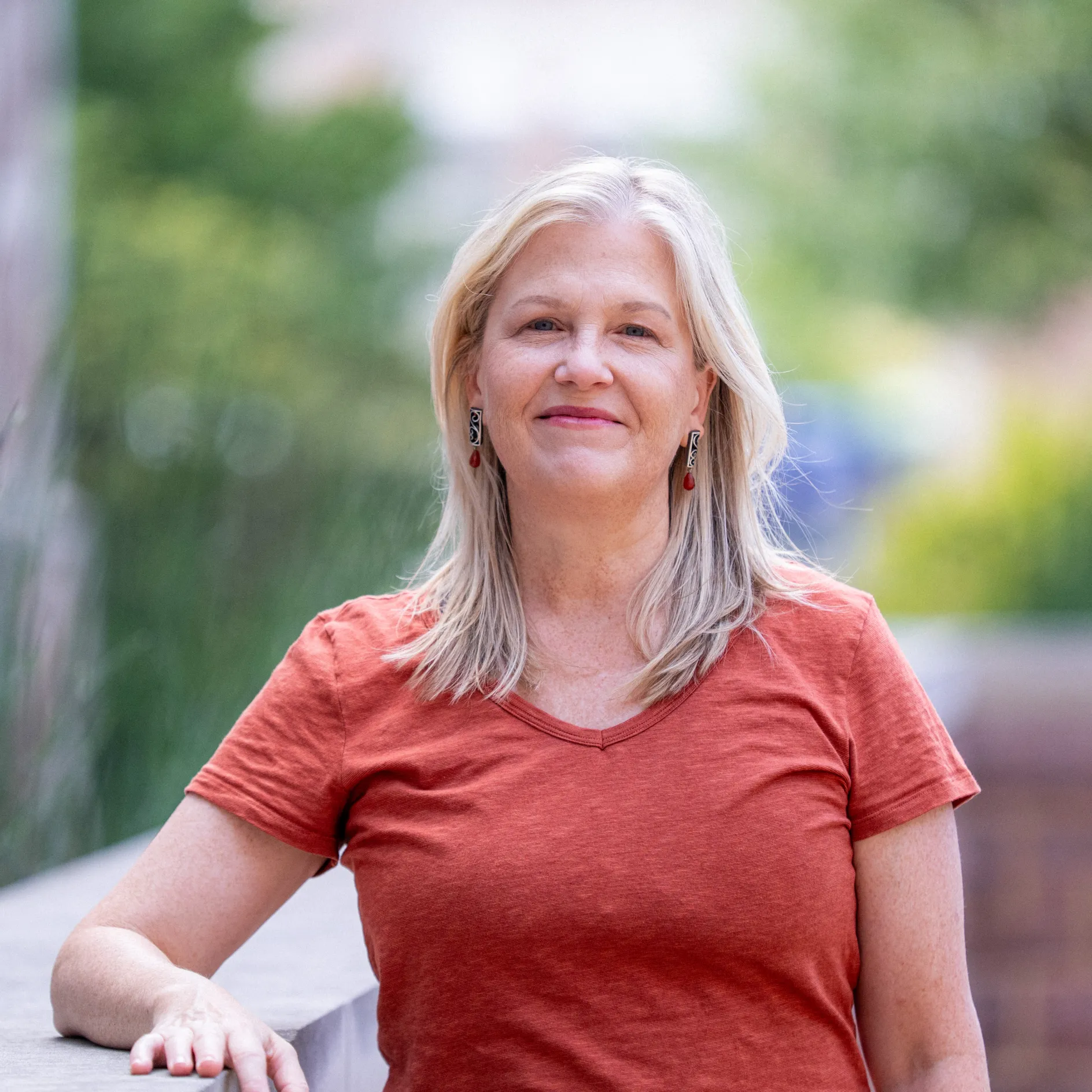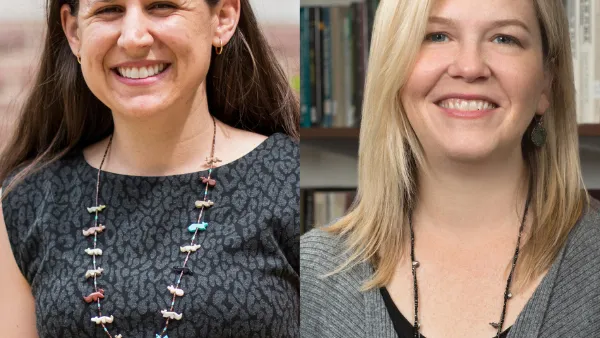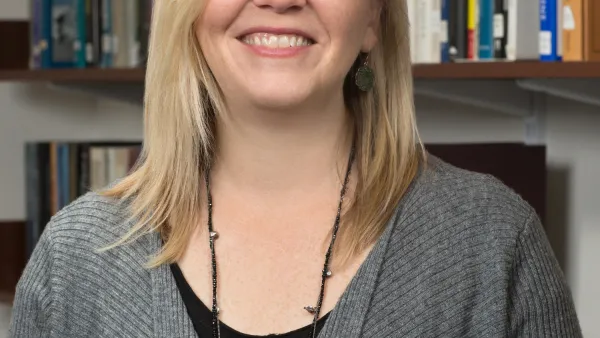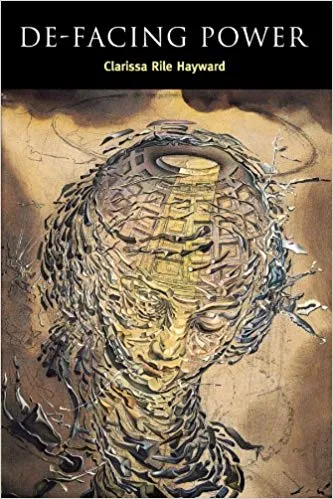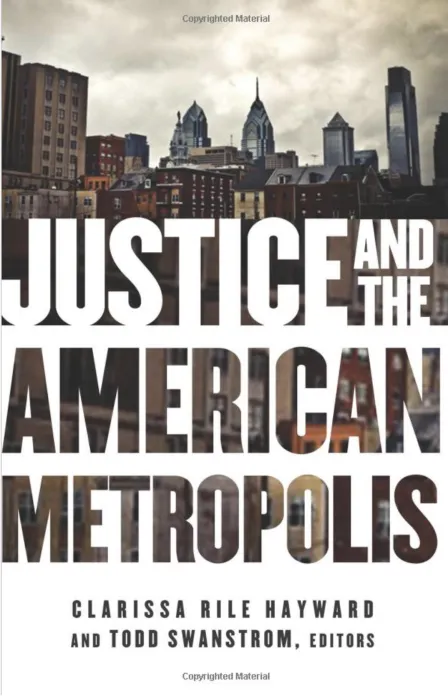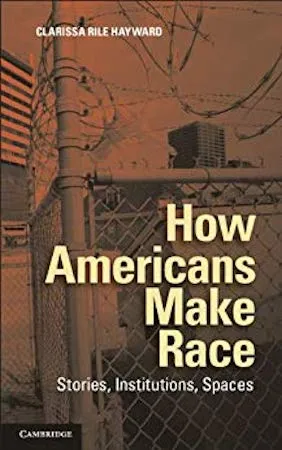Professor Hayward is a contemporary political theorist whose research and teaching focus on theories of power, democratic theory, theories of identity, and American urban politics.
Hayward's research and teaching focus on questions central to understanding and evaluating political life:
- What is social power, and how does it shape human freedom?
- What does democratic government entail, and what are its practical and institutional implications?
- How do social actors create and maintain identities?
Her most recent book, How Americans Make Race: Stories, Institutions, Spaces (Cambridge University Press, 2013), was co-winner of the American Political Science Association's prize for the Best Book in Urban Politics in 2014. Hayward is also author of De-Facing Power (Cambridge University Press, 2000) and co-editor (with Todd Swanstrom) of Justice and the American Metropolis (University of Minnesota Press, 2011). In addition, she has published many articles in edited volumes and in journals, such as the American Political Science Review, Constellations, Contemporary Political Theory, the Journal of Politics, Polity, and Political Theory. Her research has been supported by the National Academy of Education/Spencer Foundation, the National Endowment for the Humanities, the Institute for Advanced Study in Princeton, the Edmond J. Safra Center for Ethics at Harvard, and Harvard Kennedy School's Ash Center for Democratic Governance and Innovation.
